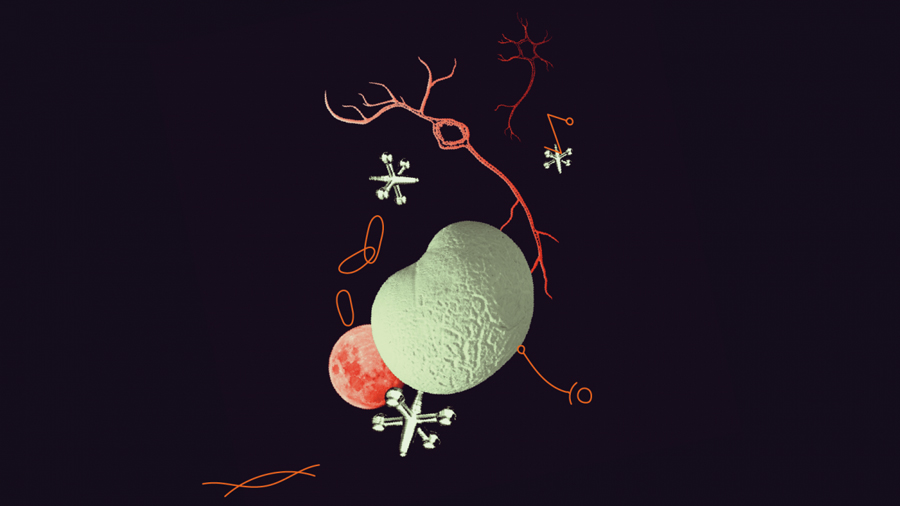The UAB to participate in two Euroepan MSCA doctoral training projects
Two of the projects recently awarded grants in the MSCA-Doctoral network 2023 call of the Horizon Europe programme will be conducted by the Department of Chemical, Biological and Environmental Engineering and by the Department of Physics. The call, which aims to train doctoral candidates through international, interdisciplinary and intersectorial projects, has awarded a total of 443 millio euros to 128 different projects.

One of the projects is coordinated by the UAB, under the leadership of Albert Guisasola, professor of the Department of Chemical, Biological and Environmental Engineering. The project "TRAMPOLINe (A training programme to promote the industrial adoption of microbial electrochemical technologies)" will train young researchers in MET with a budget for the University of €503,942.40. Through the project, the UAB will participate in the co-supervision of four theses with several pioneering European groups, three of which will participate in the UAB's doctoral programme for three years.
Through international and cross-sectoral university-industry cooperation, TRAMPOLINe aims to improve fundamental knowledge and performance of pilot-scale TEMs to accelerate industrial adoption, focusing on areas such as soil and aquifer bioremediation, desalination, resource recovery from waste, industrial bioproduction, and chemical production from CO¿. The programme consortium comprises research groups developing leading-edge technologies with input from industrial partners to facilitate the transition of TEMs from the laboratory to the marketplace.
The UAB also participates in the program "GREENS (A Training Programme on 5R's implementation in the design, manufacturing and application of micro and nanorobotic platforms)", which will be led at the UAB by Eva Pellicer, professor of the Department of Physics. With a budget of €251,971.20 for the University, the project will allow the hiring and training of a PhD student for three years.
Micro- and nano-sized robotic platforms have great potential to revolutionise fields such as biomedicine and environmental applications. These robots allow targeted drug delivery and improved reactivity thanks to their autonomous movement. The GREENS project aims to implement the 5R principle (reduce, recycle, rethink, repair and reuse) from manufacturing to disposal of robotic platforms, to ensure process sustainability and minimise environmental impact.